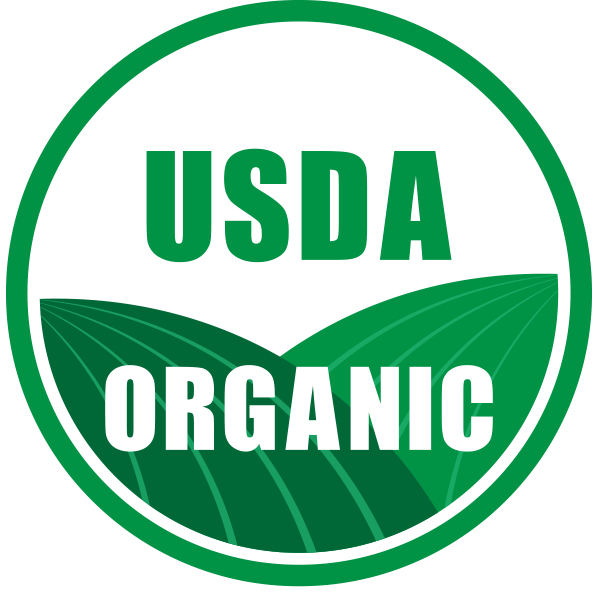What is Anise Myrtle?

Anise myrtle (Syzygium anisatum) is an Australian native food, also known as aniseed myrtle or ringwood. Abundant in the subtropical region of Northern New South Wales (Gumbaynggirr land), Syzygium anisatum is a medium to tall tree, typically found alongside other native species, like cinnamon myrtle and lemon myrtle.
Harvested year round from well-drained, nutrient-rich soils, its freshly picked leaves boast a subtly sweet liquorice flavour, that can be dried and added as a spice to hearty meals, distilled as oil or brewed fresh to make an uplifting and refreshing tea. Indigenous Australians traditionally used it as a medicinal tonic.
First time you’ve heard of this little-known herb? Read on as we explore the nutritional characteristics, benefits and side effects.
Health Benefits
Traditionally used as a medicinal herb with uplifting effects.
It’s incredibly rich in antioxidants, which help to neutralise an imbalance of free radicals (caused by our regular exposure to pollutants and toxins). Antioxidants can help to reduce the risks of many diseases.
Anise myrtle is also rich in magnesium which can boost energy, fight inflammation and promote good health. It also has anti-fungal and anti-microbial properties, which can assist immunity and protect against common diseases.
Finally, it is rich in Vitamin C and D, which are linked to many desirable health benefits, such as boosting immunity, heart health and maintaining strong bones and teeth.
Uses
Anise myrtle can be used in place of star anise or fennel (which both share that licorice flavour). Add it fresh to curries, stews, soups, bread or biscuits, or dry the leaves to make a nourishing, revitalising tea. It has also been used in cosmetic and body care products (although this is less common).
Side Effects
There are no know side effects of consuming Anise Myrtle, but this may be due to its low demand and limited research. Its closest related plant is lemon myrtle, which shares similar properties.
Guayusa with Anise Myrtle
At Ayusa Tea, we have combined the smooth, full-bodied taste of Guayusa with Australian anise myrtle. In doing so, we have combined the knowledge of two ancient tribes – the Indigenous Kichwa people of Ecuador and Indigenous Australians.
Together, these leaves create a revitalising, energising and health-giving drink.
Discover Guayusa today.
Written by Natasha Fair, founder of Ayusa Tea.
Resources:
http://www.agrifutures.com.au/farm-diversity/anise-myrtle/
https://anfab.org.au/main.asp?_=Anise%20Myrtle
https://www.sciencedirect.com/science/article/pii/B9780124166417000237




